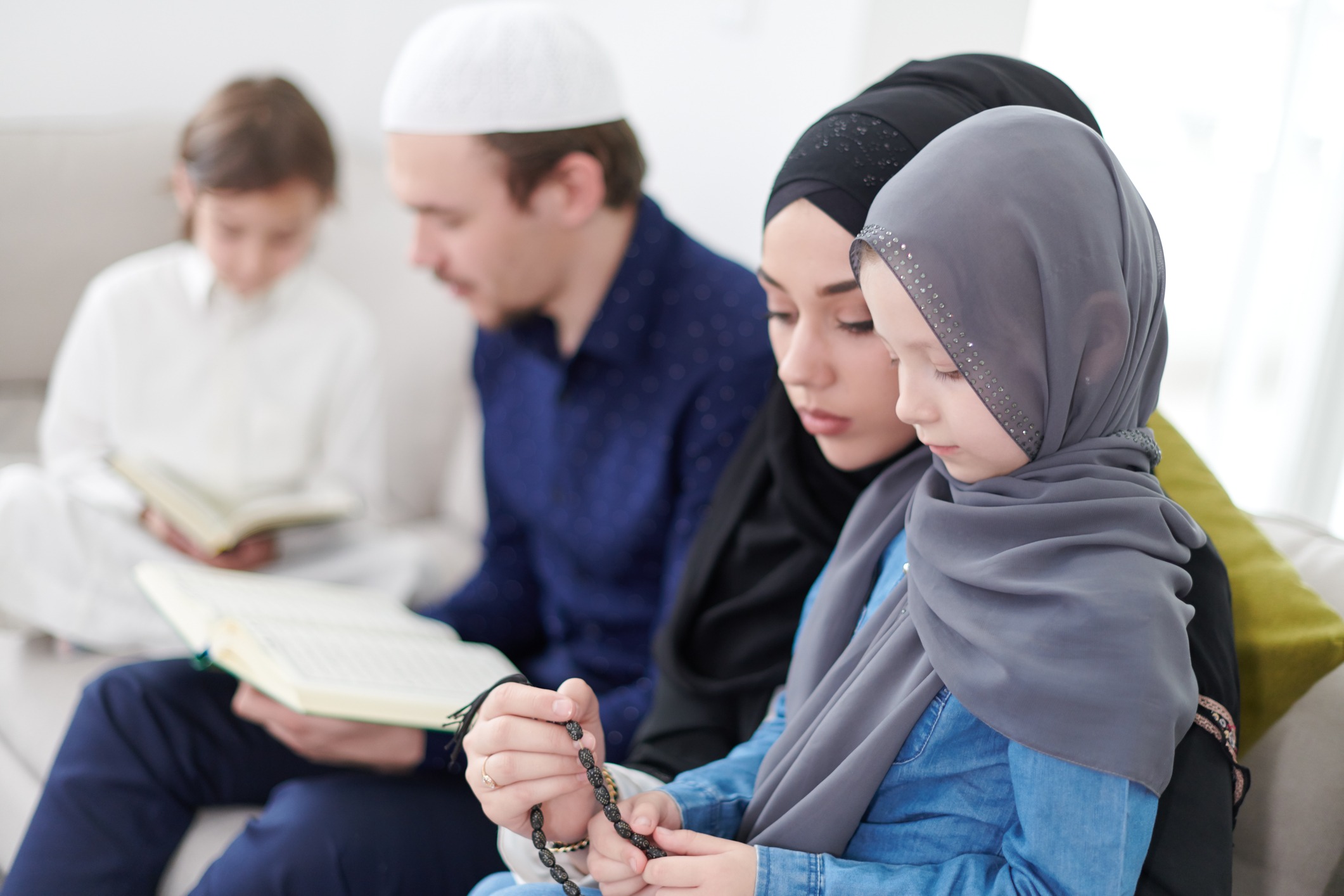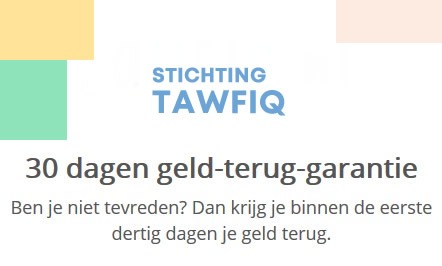-
Islamic knowledge, education and training
- How Islamic education helps promote peaceful conflict management.
- The role of parents in teaching their children about peaceful conflict management according to Islamic teachings.
- How Islamic principles can be applied to resolve conflicts without using violence or aggression.
- The different ways in which Muslims can learn how to manage peaceful conflicts in their daily living conditions.
- The importance of strengthening social skills and communication techniques in teaching peaceful conflict management according to Islamic traditions and norms
“Educating with Love and Respect: Islamic Approaches to Peaceful Conflict Management.”
Education for peaceful conflict management is an important topic in contemporary society. It is critical that children learn how to resolve conflict constructively so that they will later be able to work productively with others and solve their problems. However, Islamic approaches offer unique perspectives on the subject, making it possible to help children address their conflicts in simple and effective ways. In this introduction, we will look at what it means to practice peaceful conflict management in Islamic tradition and how it can be applied to raising children.
How Islamic education helps promote peaceful conflict management.
Islamic education contributes to peaceful conflict management by teaching children to interact respectfully with others and resolve their conflicts in a constructive manner. The Islamic religion emphasizes the importance of tolerance, forbearance and compassion. Children are taught to listen to other people, respect their opinions, and control themselves when conflict arises.
The Islamic religion also stands for the avoidance of violence in conflicts. Children are taught that they should always try to solve problems peacefully, without violence or aggressive behavior. They also learn that they should always try to de-escalate the situation as quickly as possible when tension arises between two parties.
In addition, children also learn how to control their emotions in situations where conflict may arise. They are encouraged to listen quietly to the other party and take their positions seriously before taking action. This helps them in the process of developing empathetic thinking, which is essential for effective conflict management.
Finally, Islamic religious traditions teach children how to interact with different cultures in harmonious relationships that focus on mutual understanding and respect for each other's values and normal different perspectives. By teaching these types of lessons to children, you help them gain the skills needed to deal effectively with conflict.
The role of parents in teaching their children about peaceful conflict management according to Islamic teachings.
Parents play an important role in teaching their children about peaceful conflict management according to Islamic teachings. They can help their children understand how to resolve conflicts in a constructive way, without violence or aggression.
One of the most important principles in Islamic teachings is that people should strive for peace and harmony with each other. Parents can explain this principle to their children by showing them how to treat other people respectfully, by listening to other opinions and by sitting together to solve problems instead of picking fights. Parents can also teach their children that it is acceptable to express your opinion, but that you should always remain respectful when you have different points of view.
In addition, it can be useful for parents to show their children exemplary behavior when conflicts arise between themselves or between other members of the family. By resolving these types of situations in a simple and calm manner, they show how conflicts can be tackled constructively instead of escalating further into violence or aggressiveness.
Finally, it can be helpful for parents to help their children develop the skills needed to handle conflict effectively, such as communication skills, empathetic listening, and problem-solving techniques. By making this known to young people, they help them develop the skills needed to practice peaceful conflict management according to Islamic teachings.
How Islamic principles can be applied to resolve conflicts without using violence or aggression.
Islamic principles can be used to resolve conflicts without violence or aggression. Islamic teachings emphasize the importance of peace, tolerance and respect for others. Therefore, these principles allow for a constructive way of conflict resolution that does not require violence or aggression.
First, one should try to prevent conflict through dialogue and negotiation. According to Islamic teachings, one should always attempt to resolve problems through diplomatic negotiation, rather than through force or aggression. This means that parties must be prepared to listen to each other and openly exchange their different positions instead of attacking each other.
Secondly, one must always look for compromises when seeking solutions to conflicts. According to Islamic teachings, no one should forcefully convince anyone else, but all parties involved in the conflict must be willing to make concessions if necessary to arrive at real solutions that everyone involved can accept. So if there are different points of view, one can try to find a common middle ground in which all parties involved agree to the solution proposed by one of the parties involved in the conflict.
Thirdly, Islam strives for reconciliation between parties within the conflict. When looking for solutions to conflicts, Islam always tries to achieve reconciliation between both parties. Reconciliation means that everyone involved, letting go of their different points of view, sits together and works together towards the same goal: Peace.
In essence, Islam emphasizes that we treat our different points of view with respect, hold dialogue about options, make compromises and work together towards reconciliation between both parties within the same conflict. By applying this approach, conflict resolution can be achieved without violence or aggression
The different ways in which Muslims can learn how to manage peaceful conflicts in their daily living conditions.
Muslims can learn how to manage peaceful conflicts through various means. First, by studying the Quran and other Islamic sources. The Quran contains many verses relating to peace and justice, which enable Muslims to regulate their behavior according to the principles of Islam. In addition, many mosques offer courses on conflict management, where Muslims can learn more about how to resolve conflicts in a constructive way.
Secondly, by listening to stories from the Islamic tradition. Many stories from Islam tell of characters who resolve their conflicts in simple but effective ways using wisdom and tolerance. Listening to such stories helps Muslims understand how to handle their problematic situations in simple but effective ways without hurting or offending anyone.
Third, by seeking advice from experienced religious leaders or spiritual advisors who are familiar with Islamic principles and laws surrounding conflict management. These people will help you change your perspective if you get stuck in one-sided thinking patterns or if you don't know what to do to find real solutions to your problematic situations. They also help you to better understand yourself and to act empathetically towards others when conflicts arise between you and other people in your daily life situations
The importance of strengthening social skills and communication techniques in teaching peaceful conflict management according to Islamic traditions and norms
Strengthening social skills and communication techniques is crucial in teaching peaceful conflict management according to Islamic traditions and norms. Social skills help people express their feelings, needs and opinions in a way that is respectful of others. Communicative techniques help people to convey their message clearly without causing arguments.
These skills can be learned through various methods, such as role-playing, discussions or lecture-discussion groups. By combining this activity with studying the Quran and other religious sources, people can learn how to resolve conflicts in simple but effective ways according to Islamic traditions and norms.
Strengthening social skills also helps to prevent conflict by enabling better communication between party members. By listening better to each other, we better understand each other's positions, which enables us to arrive at compromise solutions that satisfy all party members. It can also be helpful to keep your emotions under control during any conflict; This helps you make rational decisions instead of reacting impulsively, which usually leads to more problems than it solves.
In short, by offering social skills training accessible to everyone, one can benefit greatly from strengthening this when learning peaceful conflict management according to Islamic traditions and norms. Education for peaceful conflict management is an important topic in the Islamic world. Islamic approaches provide a holistic framework for managing conflict, taking into account the spiritual, emotional and social aspects of conflict. This approach states that conflicts should be resolved through conversations and dialogue, with respectful communication and tolerance at the core. Clearly, this approach can be effective in managing conflict because it allows all parties involved to express their views and share their different perspectives.







